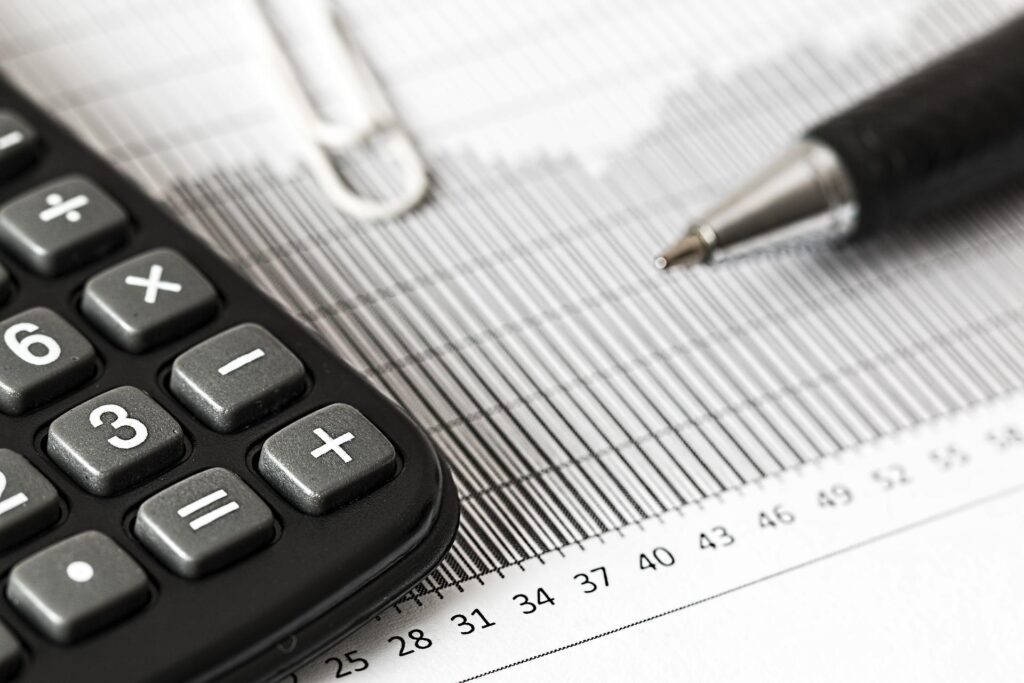
What Do You Need to Know About Expat Taxes?
If you’re living and working outside of your home country the word ‘tax’ can send a shiver down your spine. Understanding the basics of taxes for expats is fundamental and navigating the financial minefield isn’t as complex as you may think.
Take a look below at some of our most frequently asked questions regarding expat taxes so that you can be better informed before you moved abroad.
Do expats have to pay tax?
Tax rules vary between countries and typically boils down to residency. Some don’t charge tax at all; others have a territorial taxation system in place. Some require you to pay income tax on money earnt in the country, others also require you to pay tax on money earnt outside of the country you are living in.
There is no simple answer to whether expats have to pay tax. However, broadly speaking, most countries require residents to pay tax. The rules and regulations on if expats are classed as residents vary, but in most cases, you will be required to pay tax on money earnt inside and outside of the country you are currently residing in.
How do taxes work for expats?
With the criteria for residency varying so much between countries it can be confusing when it comes to tax. Researching the country you will be settling in is the best plan of action. Typically the embassy of government website will have all the details you require. Don’t make any assumptions as you don’t want to be stung by any tax laws.
In some countries you will be deemed a tax resident from the day you settle in a permanent home there. Other countries deem you a tax resident if you spend a certain amount of days living in the country per year, whereas others have tests you can take to determine your residency status relating to tax.
How do US taxes work for expats?
If you’re classified as a US citizen you have a tax obligation to the country. So what happens if you’re residing there as an expat but are not a citizen?
If you hold a ‘green card’ or are deemed a resident following a substantial presence test you are considered a resident of the US. The presence test will take into consideration you having been in the USA for at least 31 days during the current year, or 183 days over 3 consecutive years. Residents of the USA will need to complete a tax return by the 15th April via the IRS (The Internal Revenue Service). The US tax return form is called form 1040, and you can file it online. You may also be required to pay state taxes, but this will need to be researched as the rules vary state to state.
To file your tax return you will need a Social Security Number or ITUN (Individual Tax Identification Number). This will be your unique government code and also allow you to get a driver’s license or open a bank account.
Residency exemptions apply to expats in the United States working from the British government, or if they hold a teacher, training, or student visa.
Is Dubai tax free for expats?
85% of Dubai’s population are expats. The high quality of life is not just the only lure for new residents. The nation is considered tax-free, whether you’re a citizen or expatriate resident. Those living in Dubai are not required to pay income tax and there is no VAT on the majority of goods and services.
However, the notion that Dubai is completely tax free is a myth. An economy cannot function without taxes as it would grind to a halt. Income tax is charged on certain businesses, including oil companies and foreign banks.
Talking of oil, it is virtually the only product Dubai produces – everything else has to be imported in. Tobacco and alcohol are heavily taxed. Alcohol has a 50% import tax and a 30% levy at the point of sale. The average bottle of wine in Dubai costs around 150 dirhams, that’s £33 or $41.
If you go out for dinner in Dubai you will be automatically charged a 10% levy on your bill which is sent to the government. Hotels, theatres, amusement parks, and any other leisure facility will charge some sort of tax. Taxes are also placed on utilities and there are a number of toll roads with the levied money going straight to the government.
Lastly, expats in Dubai are charged 100 dirhams to renew their national ID. Without one, you cannot live or work in Dubai. The government also charges a visa processing fee when people enter Dubai, as well as leave.
Therefore, whilst most of Dubai’s taxes are considered ‘hidden’ it’s by no means a country where you can live tax free.
Is Portugal tax free for expats?
If you’re living in Portugal full time you’ll be considered a resident and will be required to pay income tax on your worldwide income. You are considered a resident if you spend more than 183 days in Portugal in a calendar year. If it’s under this number, expats only have to pay tax on income generated within Portugal.
If you are a resident the amount you are taxed will vary between 14.5% to 48% based on what you earn. For non-residents there is a flat tax rate of 25%.
Discover more about expat taxes
If you’re moving overseas, you will undoubtedly want to investigate what expat life is truly like in your chosen destination. Visit our moving to guides to find out more, from climate to healthcare and expat education. Don’t forget, Expatriate Group offer Income Replacement Insurance to safeguard your finances when working overseas.
